Russia
Russian President Vladimir Putin and Chinese President Xi Jinping met in Moscow on Thursday to reaffirm and expand their “strategic partnership” in the face of intensifying Western pressure.
During a high-profile summit that coincided with Russia’s Victory Day celebrations, the two leaders signed a joint statement pledging to significantly boost trade and investment by 2030. The agreement outlines plans to scale up bilateral economic ties by increasing the share of high-tech goods, developing new e-commerce strategies, and enhancing mutual supplies of vital commodities such as mineral resources and agricultural products.
“In our joint statement with President Xi Jinping, we have set ambitious goals,” Putin said. “It concerns ensuring significant and qualitative progress in Russian-Chinese trade and investment… and improving the structure of economic ties by raising the share of high-tech products.”
Xi, for his part, emphasized a broader geopolitical vision, framing the deepening cooperation as a joint stand against what he called a growing international trend of “unilateralism and power bullying.”
“China will, together with Russia, shoulder the responsibilities of world powers,” Xi said. “We will uphold the correct view of World War II history, safeguard the authority of the United Nations, and resolutely defend the rights of developing countries. Together, we will promote a multipolar world and inclusive economic globalization.”
Xi arrived in Moscow on Wednesday for a four-day visit, during which he will attend commemorative events and hold further talks with Russian leadership. The visit underscores Beijing’s increasingly public backing of Moscow, which has come under heavy Western sanctions and diplomatic isolation since its full-scale invasion of Ukraine in 2022.
China has refrained from sending weapons to Russia but has emerged as a crucial economic partner, particularly in the energy sector. It now represents one of the largest markets for Russian oil and gas—revenues that are helping sustain the Kremlin amid war-related expenditures.
Additionally, Beijing has become Moscow’s key supplier of machinery and electronics after Western sanctions cut off access to much of Russia’s high-tech imports. These exports have helped maintain Russia’s military-industrial complex even as global supply chains have tightened.
Putin and Xi, who have met over 40 times in recent years, have forged a notably close personal and political bond. Their growing coordination spans economic, political, and strategic dimensions, including within multilateral organizations such as BRICS, which has expanded beyond its founding members to include other developing nations.
While Beijing continues to insist on neutrality in the Ukraine conflict, it has repeatedly echoed Kremlin narratives, blaming NATO and Western powers for provoking Russia. Moscow, in turn, has offered unambiguous support for China’s positions on Taiwan and other core sovereignty issues.
The relationship, while described by both as a “no limits partnership,” has raised alarm in Western capitals, where officials view the Moscow-Beijing axis as a long-term challenge to the post-World War II international order.
Meanwhile, unconfirmed reports from Ukraine last month alleged that two Chinese nationals were captured fighting alongside Russian troops, with claims that over 150 others might be operating as mercenaries. Beijing denied any state involvement, stating it discourages citizens from joining foreign conflicts.




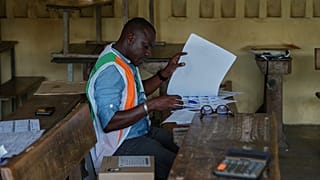
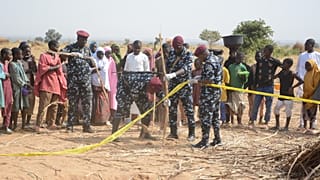


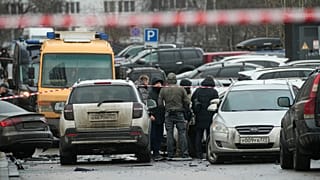
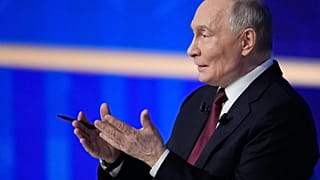
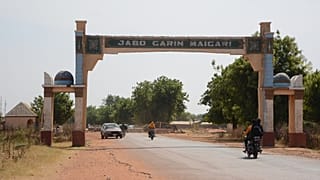
01:45
Egypt's el-Sissi urges UN Security Council reforms for Africa's larger role
Go to video
South Africa moves to bring home citizens trapped in Ukraine conflict
00:59
IOC seeks to reintegrate Russia, Belarus into world sports despite ongoing war
01:00
New Russian drone strikes hit Ukraine's Sumy region, residents evacuated amid fires
Go to video
Putin says Russia and India will boost their annual trade
01:10
China-France: Xi calls for greater cooperation amid global instability